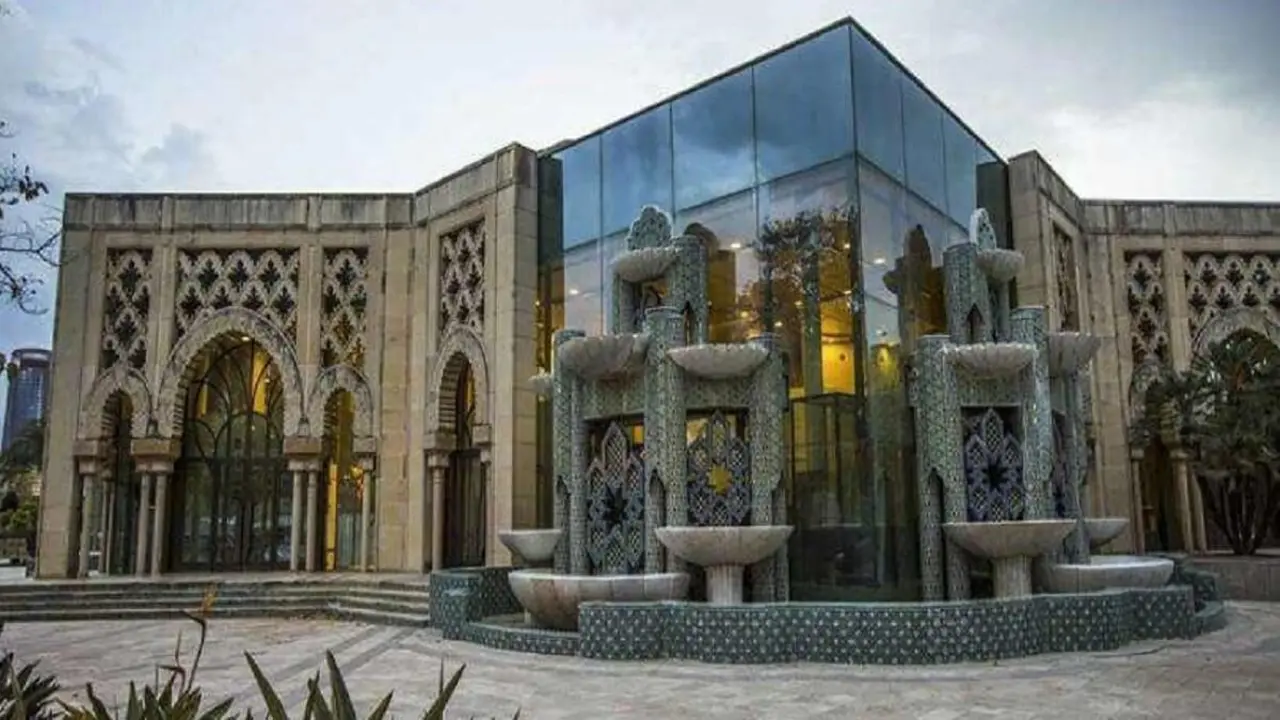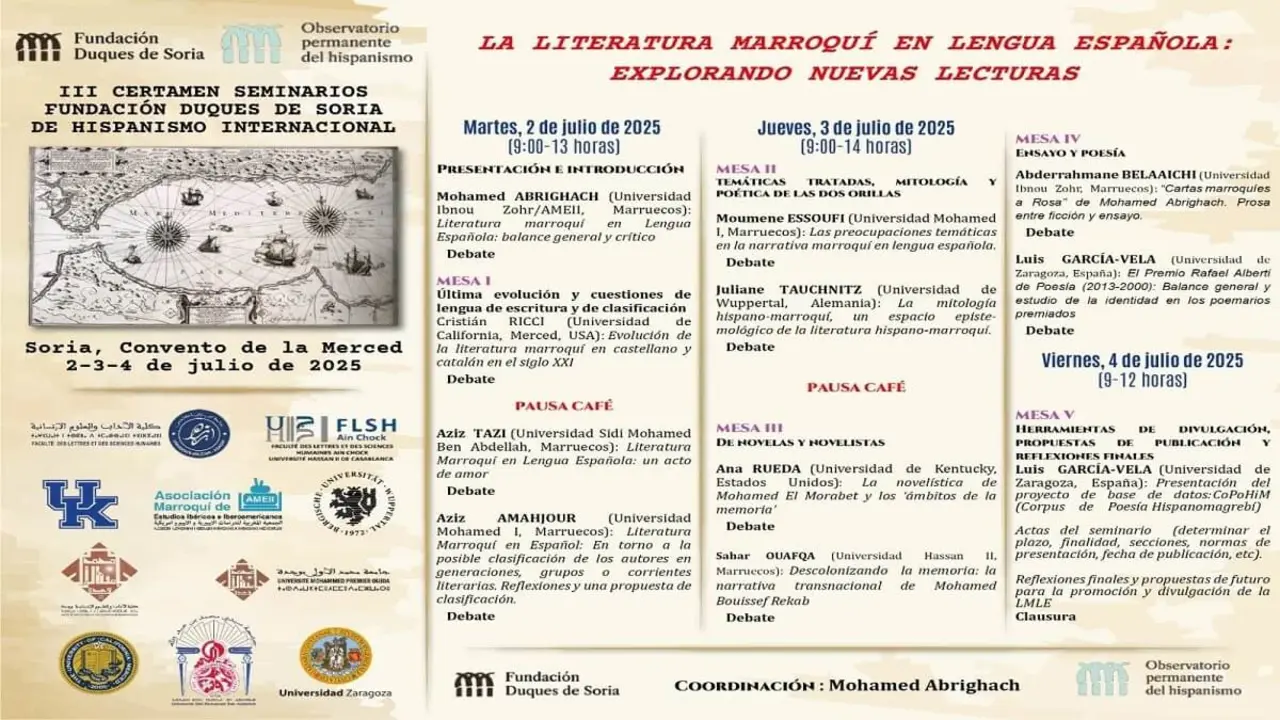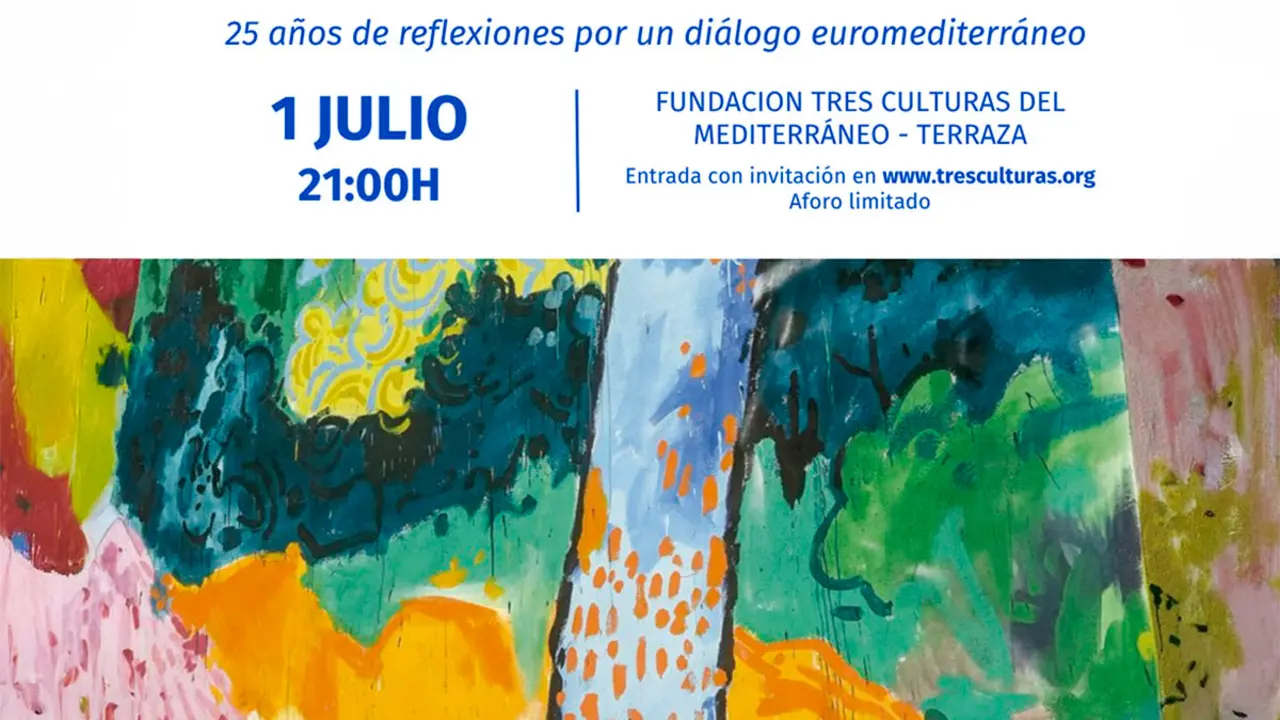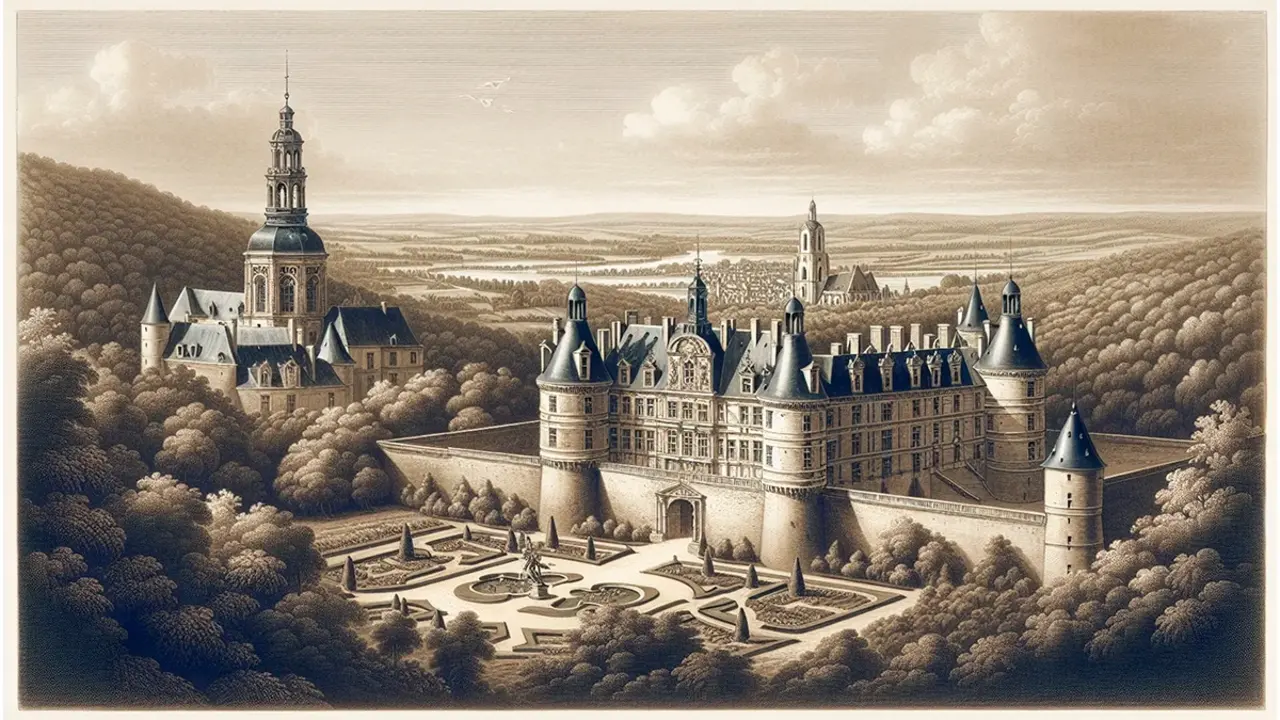The King and Queen preside over the Cervantes Patronage on the 30th anniversary of its creation
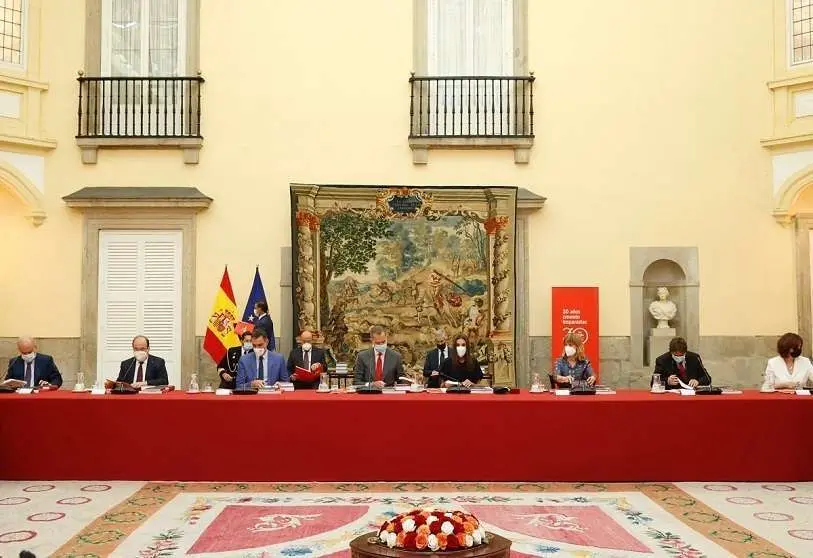
The King and Queen of Spain presided over the annual meeting of the Board of Trustees of the Cervantes Institute at the Palacio de El Pardo (Madrid), which was attended by Pedro Sánchez as Executive President and the Ministers of Education, Pilar Alegría, and Culture, Miquel Iceta. In the year that marks the 30th anniversary of its creation, the Director of Cervantes, Luis García Montero, presented the balance of the 2020-2021 academic year and outlined the main challenges it faces in the coming years.
The King highlighted the anniversary in his speech after the session. The Cervantes Institute," he said, "is 30 years old and it is doing so (...) in excellent shape, with new plans in all areas and with an enthusiasm that is always newborn". Don Felipe underlined "once again the Crown's commitment to an institution so closely linked to our democratic Spain" and stressed that it is an organisation that is especially dear to the Queen and to him. So much so," he recalled, "that we wanted the Princess of Asturias' first public act alone to open the celebrations of the thirtieth anniversary of its foundation".
In the toast at the lunch he offered to the Cervantes Board of Trustees (of which he is the honorary president) and the ambassadors of the Latin American countries, the monarch celebrated "seeing them here, gathered around our greatest common heritage, the Spanish language" and the work of these three decades "to spread our shared language throughout the world, as well as the pan-Hispanic culture and the co-official languages" of an "open and solidly twinned Spain on the other side of the Atlantic".
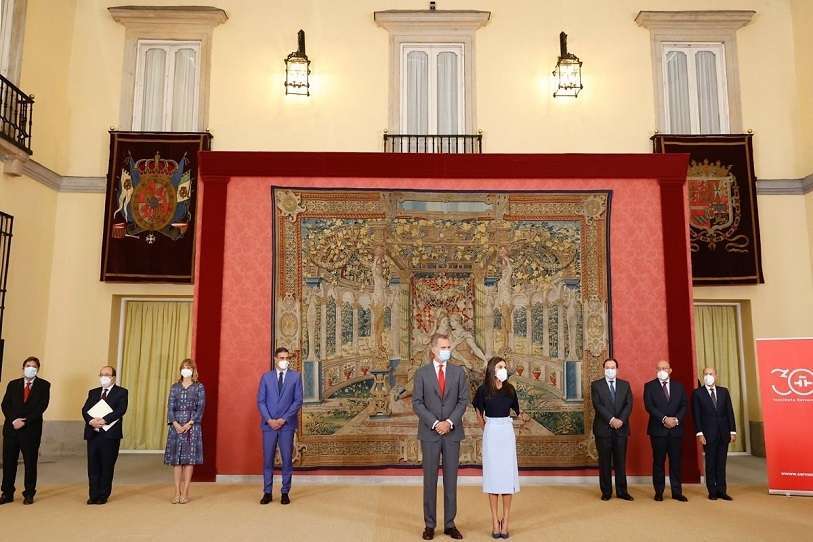
The director of Cervantes, Luis García Montero, specified in the closed-door session the four priorities of Cervantes for the next academic year: "Four needs to respond to for the prestige of Spanish in the world: sub-Saharan Africa, the United States, Asia and the digital transformation of culture that we are experiencing".
The first will have its epicentre in the new centre in Dakar (Senegal), whose works will be completed in December and on which the new Aula Cervantes opened in the Ivory Coast depends. The second, the USA, will materialise with the opening of a centre in the city of Los Angeles, where a symbolic building has already been rented in Hollywood, because "the future of Spanish and its prestige depend on the ability to extend our culture in the United States and to demonstrate that Spanish is a language of science and technology", for which California "is an essential meeting point".
The third challenge, emerging Asia, will host, "if the budgets are approved", the opening of a centre in Seoul (South Korea), where there is a Cervantes Classroom, as well as the possible expansion of the Institute to various cities in India, taking advantage of the pull of New Delhi, which has the highest number of Spanish student enrolments.
The fourth priority is not geographical, but technological and strategic: "The digital transformation of culture". For García Montero, so-called artificial intelligence is an "expression that evades human responsibility for programming and algorithms", since "there is no intelligence other than that of human beings".
However, given its importance, "Spanish comes into play and into dispute when it comes to programming the language of machines". And of this language, he added, "it is not only important that they speak in good Spanish every time we carry out an operation" (...), "but that their programmes respond to a democratic way of understanding life". This, he explained, is "the challenge taken up by the projects launched for the modernisation, applications and procedures of the Cervantes Institute".
Regarding the figures of the institution, which is present in 94 cities in 47 countries and has the collaboration of 197 accredited centres, the director summarised the main data. In the last academic year, 14,428 Spanish courses were offered, with 116,569 enrolments, only 14% less than in the previous academic year.
In terms of certification, and thanks to examination centres in 122 countries, there have been 116,909 candidates for the DELE Spanish Diploma, and 13,487 candidates for the SIELE (Servicio Internacional de Evaluación de la Lengua Española). The Constitutional and Sociocultural Knowledge of Spain (CCSE) test has been taken by 529,269 people since it was introduced in 2015.
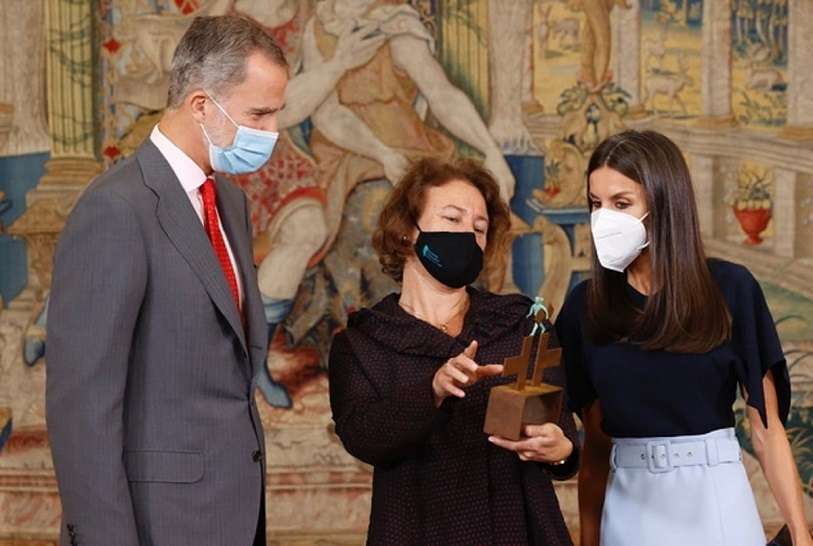
This academic year, 7,315 cultural events have been held, 32% of them face-to-face, and the rest online. More than half of these activities have been carried out in collaboration with institutions and embassies in other countries, especially in Latin America. There have been 2,582,480 participants (125,955 face-to-face and 2,456,525 online) and the 60 libraries have more than 1.42 million volumes.
The director did not forget to mention the three recently deceased patrons (Joan Margarit, José Manuel Caballero Bonald and Francisco Brines) and thanked the King and Queen of Spain for "their constant support in these difficult years", and the Prime Minister for "his commitment to the Instituto Cervantes and his respect for the independence of a State institution that belongs to all speakers of our language". "I am sure," he concluded, "that in the next 30 years we will go further".
The Palacio de El Pardo was attended by, among other patrons, the director of the Royal Spanish Academy, Santiago Muñoz Machado; the Cervantes Prize winners Sergio Ramírez and Ida Vitale; the president of the Film Academy, Mariano Barroso; the secretary general of the Association of Spanish Language Academies, Francisco Javier Pérez; the rectors of the universities of Salamanca, Granada and the National Autonomous University of Mexico (UNAM); the heads of the Inca Garcilaso Cultural Centre (Peru) and the Caro y Cuervo Institute (Colombia), as well as the presidents of the Association for the Teaching of Spanish as a Foreign Language and the Leading Brands of Spain Forum.
Don Felipe also presented the first edition of the "Ñ" Award to Barbara Fuchs, professor at the University of California (UCLA, Los Angeles), author of numerous books and founder of an initiative to promote knowledge of the Spanish Golden Age. The new award, created in 2021 by the Cervantes Institute, will recognise each year a personality who stands out for his or her work in disseminating the Spanish language around the world.
Submitted by José Antonio Sierra, Hispanismo advisor.

